
Filmmaker Renee Tajima-Pe?a is the producer of “Asian Americans,” a five-part PBS series that will be broadcast on May 11 and 12. At UCLA, she is a professor of Asian American studies, director of the Center for EthnoCommunications, and holder of the Alumni and Friends of Japanese American Ancestry Endowed Chair. She is an Academy Award nominee for her documentary “Who Killed Vincent Chin?”
She shared some of her thoughts on “Asian Americans” with The Rafu Shimpo.
How did the series came about? How did you envision it and shape it?
Many of us have wanted to create an Asian American series for decades. [The late filmmaker] Loni Ding started to produce one, “Ancestors in America,” but she wasn’t able to finish it. But there’ve been several more attempts and I even wrote a treatment for the Center for Asian American Media (CAAM) over 20 years ago.

Around 2013, the Washington, D.C. flagship station WETA — they do all of Ken Burns’ series — approached me and CAAM about doing an Asian American history. We jumped at it and all decided to collaborate. It took a long time to raise the money, and also CAAM and I wanted to make sure that the series was told through an Asian American perspective.
By the time the series was green-lit, it was 2018 and then it was all systems go. We put together an amazing pan Asian American team — our episode producers are Leo Chiang, Geeta Gandbhir and Grace Lee, and we were able to get Tamlyn Tomita and Daniel Dae Kim to narrate.
How does the series connect with your family history and your own personal experiences?
A lot of the history we cover is parallel to my own family’s story. My grandparents all immigrated from Japan during the anti-Asian exclusion era. The earliest was my mother’s dad, Hidehachi Ujiiye, who emigrated from Fukushima to Hawaii in 1902 to cut cane on a sugar plantation. He came to the mainland in April of 1906.
As the story goes, he arrived in San Francisco and was immediately targeted by white merchant marines who quite literally chased him out of town, and he ended up in Los Angeles. The next day was the 1906 San Francisco earthquake, so I guess those racist yahoos saved Grandpa’s life.
It was amazing to me to track this history in Asian Americans and imagine my grandparents’ and parents’ lives during these eras, and then reliving my own involvement in the Asian American movement, being a part of the campaign for redress and reparations, witnessing the events of 9/11 and what’s going on now. I really regret not having asked my grandfather about the Spanish flu. He would have lived through it. I wonder what he saw.
My father’s side also arrived in the early 1900s, but under different circumstances. My grandfather, Kengo Tajima, was a theologian and emigrated here to study at Yale. That side of my family has a direct connection to one of our key stories, in Episode 2, the story of the Uno family.
George and Riki Uno were parishioners at my grandfather’s church in Salt Lake City, and my dad remembers growing up down the street from the Unos and their ten children. It is a remarkable family that encapsulates the 20th-century Japanese American experience. Four Uno brothers served in the U.S. military during World War II, in the 442nd [Regimental Combat Team] and MIS (Military Intelligence Service), while one spent the war working for Japan.
The rest of the family was incarcerated — George and the youngest, Edison, were at Crystal City until 1947! Of course, Edison became one of the fathers of redress and reparations, and his sister Amy Uno Ishii was an incredible activist telling the story of EO 9066 and the camps.
One thing we’re all really proud of: the historian Ryan Yokota, who is based in Chicago, told us that someone had found 50-plus videotapes of the Chicago CWRIC (Commission on Wartime Relocation and Internment of Civilians) hearings! No one had seen it, and for all we knew, they were rotting there after almost 40 years.
We knew Kay Uno, one of the sisters, had testified at the Chicago hearings. We wanted to use her testimony, but we also knew the whole batch was an invaluable archive. So we immediately arranged to have the tapes preserved and digitized.
The Nikkei WWII experience is a moral and activist presence in much of the history that we tell. Not only in Episode 2, which looks at the 1930s and war years, but also in our episode about the Asian American movement, and our last episode that tells the story of 9/11 and includes an interview with [former Secretary of Transportation] Norm Mineta and the Japanese American response.
The pan-Asian American experience is deeply interwoven into the entirety of American history.
 Japan Film Festival L.A. Starts This Weekend
Japan Film Festival L.A. Starts This Weekend
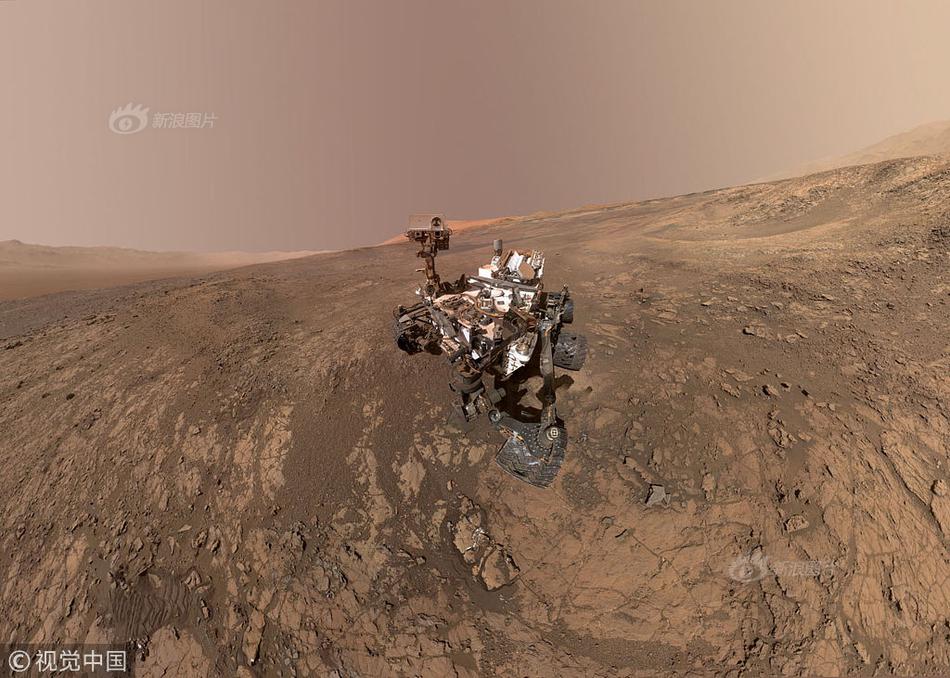 Facebook reaches deal to reverse Australia's news ban
Facebook reaches deal to reverse Australia's news ban
 Why Game Mode on your TV is essential for better gaming performance
Why Game Mode on your TV is essential for better gaming performance
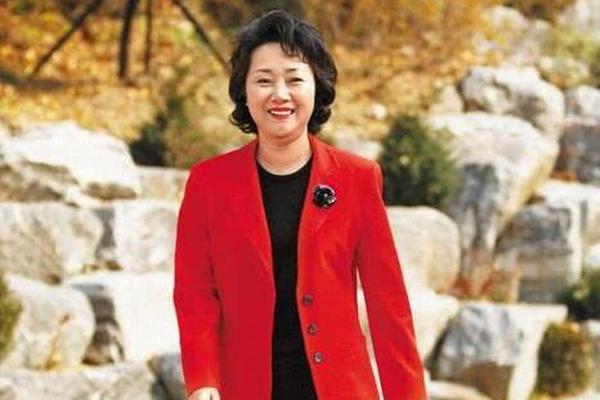 Twitter experiments with voice DMs
Twitter experiments with voice DMs
 Assistance League of Long Beach Hosts Exhibition of Artist Reiko Berg
Assistance League of Long Beach Hosts Exhibition of Artist Reiko Berg
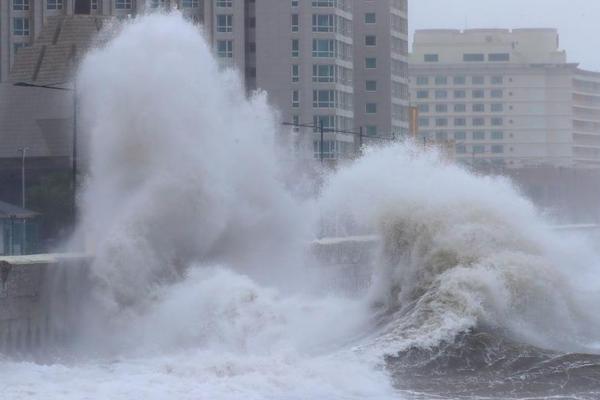 TikTok removed hundreds of thousands of videos spreading misinformation about the election and COVID
TikTok removed hundreds of thousands of videos spreading misinformation about the election and COVID
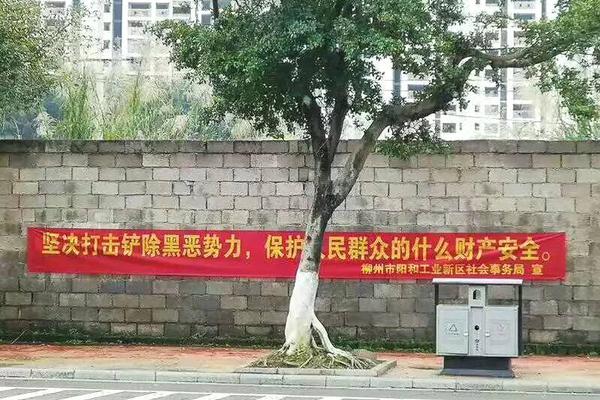 Disney+ release dates for 'Loki,' 'Star Wars: The Bad Batch' and more
Disney+ release dates for 'Loki,' 'Star Wars: The Bad Batch' and more
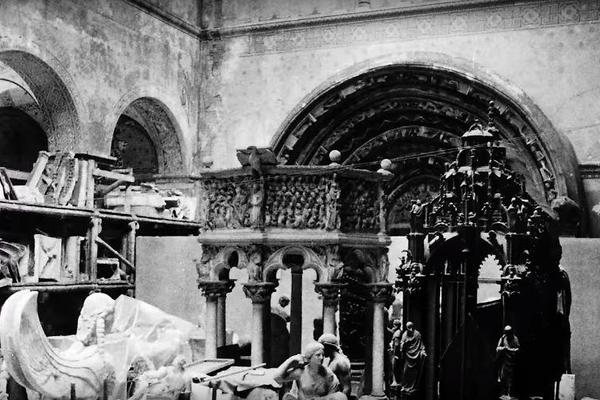 Facebook, Twitter, and Google CEOs to testify before Congress
Facebook, Twitter, and Google CEOs to testify before Congress
 Latest Amerasia Journal Focuses on Asian American Folklore and Offers Insight on Richard Aoki
Latest Amerasia Journal Focuses on Asian American Folklore and Offers Insight on Richard Aoki
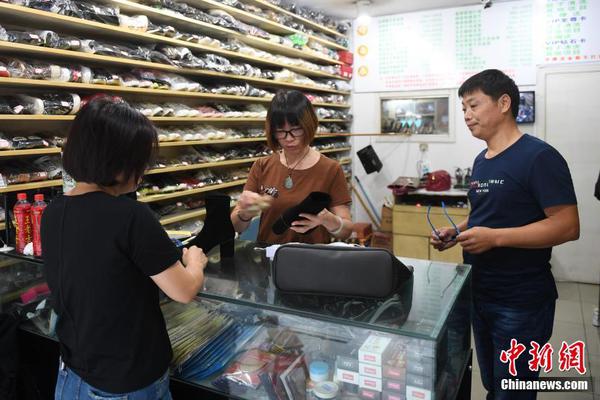 OkCupid predicts August 1 as the hottest dating day of the year in UK
OkCupid predicts August 1 as the hottest dating day of the year in UK
 Nisei VFW Post 1961 Observes Memorial Day in Gardena
Nisei VFW Post 1961 Observes Memorial Day in Gardena
 ‘Magic: The Gathering’ Time Spiral Remastered gives angels a new vintage look
‘Magic: The Gathering’ Time Spiral Remastered gives angels a new vintage look
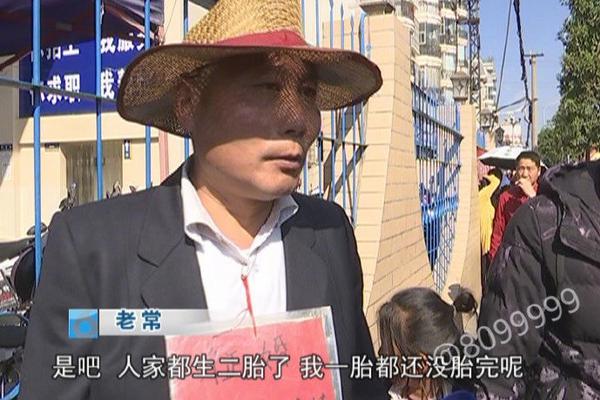 Everything coming to Hulu in March 2021
Everything coming to Hulu in March 2021
 Twitter experiments with voice DMs
Twitter experiments with voice DMs
 ESL Impact Valencia begins today
ESL Impact Valencia begins today
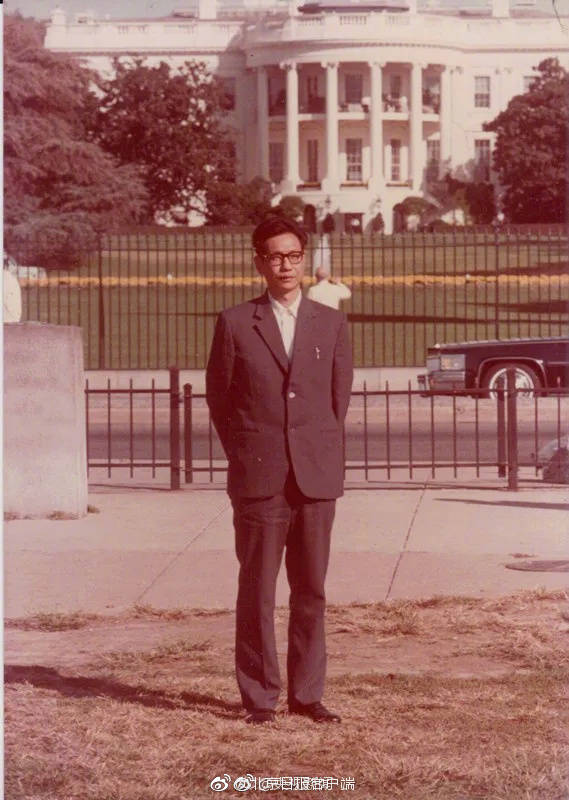 Nyan Cat GIF sells for $600K in ethereum. No bubble to see here!
Nyan Cat GIF sells for $600K in ethereum. No bubble to see here!
 Google Meet to add emoji reacts so you can heart your friends and coworkers
Google Meet to add emoji reacts so you can heart your friends and coworkers
 ‘Magic: The Gathering’ Time Spiral Remastered gives angels a new vintage look
‘Magic: The Gathering’ Time Spiral Remastered gives angels a new vintage look
 Tough Love
Tough Love
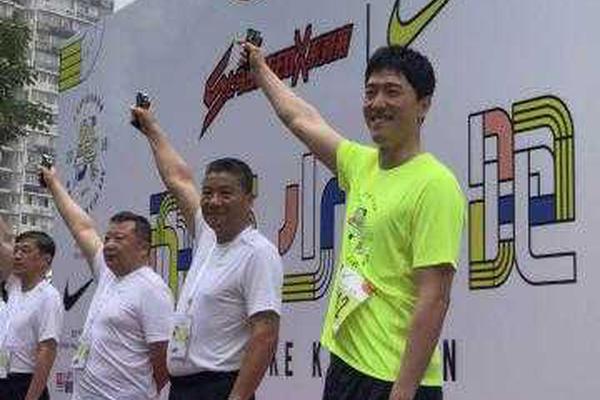 Google fires another AI ethics expert and what's going on over there
Google fires another AI ethics expert and what's going on over there
Plaque honoring Olympic soccer player Brandi Chastain couldn't look less like herAriana Grande and Pete Davidson are uh, casually dating, I guessChris Hemsworth danced to Miley Cyrus with his kids and dog and things got hilariously dramaticWatch Rudy Giuliani get booed at a Yankees gameA lot of people are actually naming their kids after Marvel charactersBilly Idol had the best tweet about the royal weddingDavid Attenborough's VR project 'Hold the World' is absolutely astonishingMorgan Freeman will now be the voice of the Vancouver transit systemHillary Clinton cracked yet another joke about Donald Trump and RussiaChris Hemsworth danced to Miley Cyrus with his kids and dog and things got hilariously dramatic Whelming is a new dating term to describe a very irritating behaviour This is the best time in human history. We're designed to think otherwise. Samsung Galaxy S20+ and S20 Ultra pre A tweet about cutting books in half to save space is destroying book Twitter Extreme Arctic melting has a new suspect: The same powerful gases screwing over the ozone How Britain's new child privacy protections will impact the internet YouTube moderators required to sign doc warning of job The case for never cleaning out your inbox Facebook official struggles to explain Bezos' WhatsApp hack IKEA drops crazy modular speakers in collab with Teenage Engineering
0.1637s , 9933.78125 kb
Copyright © 2025 Powered by 【хентай порнографии вк】A Conversation with Renee Tajima,Feature Flash